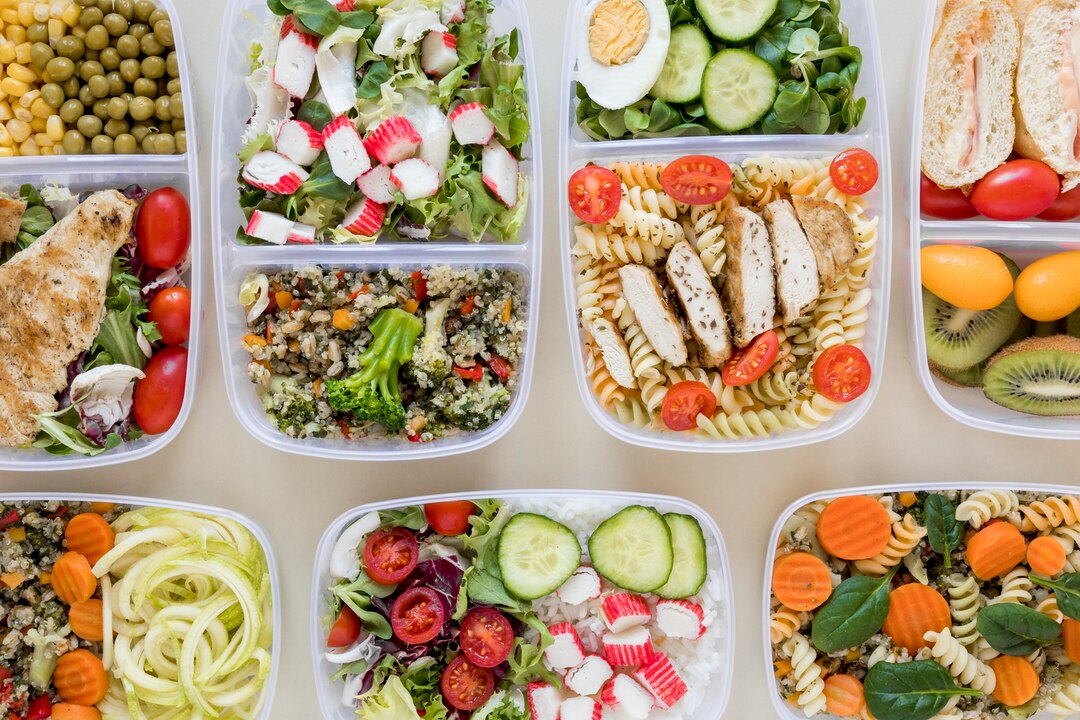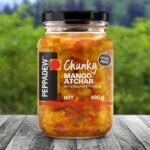In the hustle and bustle of modern life, finding time to cook healthy meals can often feel like a daunting task. However, with a little planning and organization, meal prep can be the secret weapon to saving time and staying committed to your health and wellness goals. In this article, we’ll explore the benefits of meal prep, essential tips for success, and practical strategies to incorporate meal prep into your routine seamlessly.
Benefits of Meal Prep:
Before delving into the nitty-gritty of meal prep, it’s essential to understand the myriad benefits it offers:
- Time Savings: By preparing meals in advance, you can significantly reduce the amount of time spent cooking and cleaning during the week.
- Healthier Choices: Meal prepping allows you to control portion sizes and ingredients, making it easier to stick to a nutritious diet and avoid unhealthy convenience foods.
- Cost-Effective: Buying ingredients in bulk and cooking in batches can help you save money on groceries and reduce food waste.
- Reduced Stress: Knowing that you have meals ready to go can alleviate stress and eliminate the need to make last-minute decisions about what to eat.
Essential Tips for Successful Meal Prep:
- Plan Ahead: Set aside time each week to plan your meals, taking into account your schedule, dietary preferences, and nutritional needs. Create a shopping list based on your meal plan to ensure you have all the ingredients on hand.
- Invest in Quality Containers: Invest in a set of durable, airtight containers in various sizes to store your prepped meals and ingredients. Glass containers are preferable as they are reusable, microwave-safe, and environmentally friendly.
- Batch Cooking: Choose one or two days a week to batch cook staples such as grains, proteins, and vegetables. Cook large quantities that can be portioned out and stored for easy meal assembly throughout the week.
- Mix and Match: Prepare versatile ingredients that can be mixed and matched to create a variety of meals. For example, roast a batch of vegetables that can be added to salads, wraps, or grain bowls.
- Use Time-Saving Techniques: Streamline your meal prep process by utilizing time-saving techniques such as chopping vegetables in advance, marinating proteins ahead of time, and using kitchen gadgets like a slow cooker or Instant Pot for hands-off cooking.
Practical Meal Prep Strategies:
- Breakfast: Prepare overnight oats, smoothie packs, or egg muffins that can be quickly reheated or assembled in the morning for a nutritious breakfast on the go.
- Lunch: Pack portable salads, grain bowls, or wraps filled with pre-cooked proteins, grains, and vegetables for a satisfying and convenient midday meal.
- Dinner: Cook double batches of soups, stews, or casseroles that can be portioned out and frozen for easy weeknight dinners. Alternatively, assemble freezer-friendly meal kits with pre-measured ingredients for quick assembly.
- Snacks: Pre-portion snacks such as nuts, seeds, fruit, or homemade energy balls into individual containers or bags to grab and go when hunger strikes.
Meal prep is a powerful tool for saving time, reducing stress, and staying committed to healthy eating habits. By implementing these tips and strategies, you can streamline your meal prep process and set yourself up for success in achieving your health and wellness goals. So, carve out some time each week to plan, prep, and enjoy the convenience and benefits of having delicious, nutritious meals ready whenever you need them.








